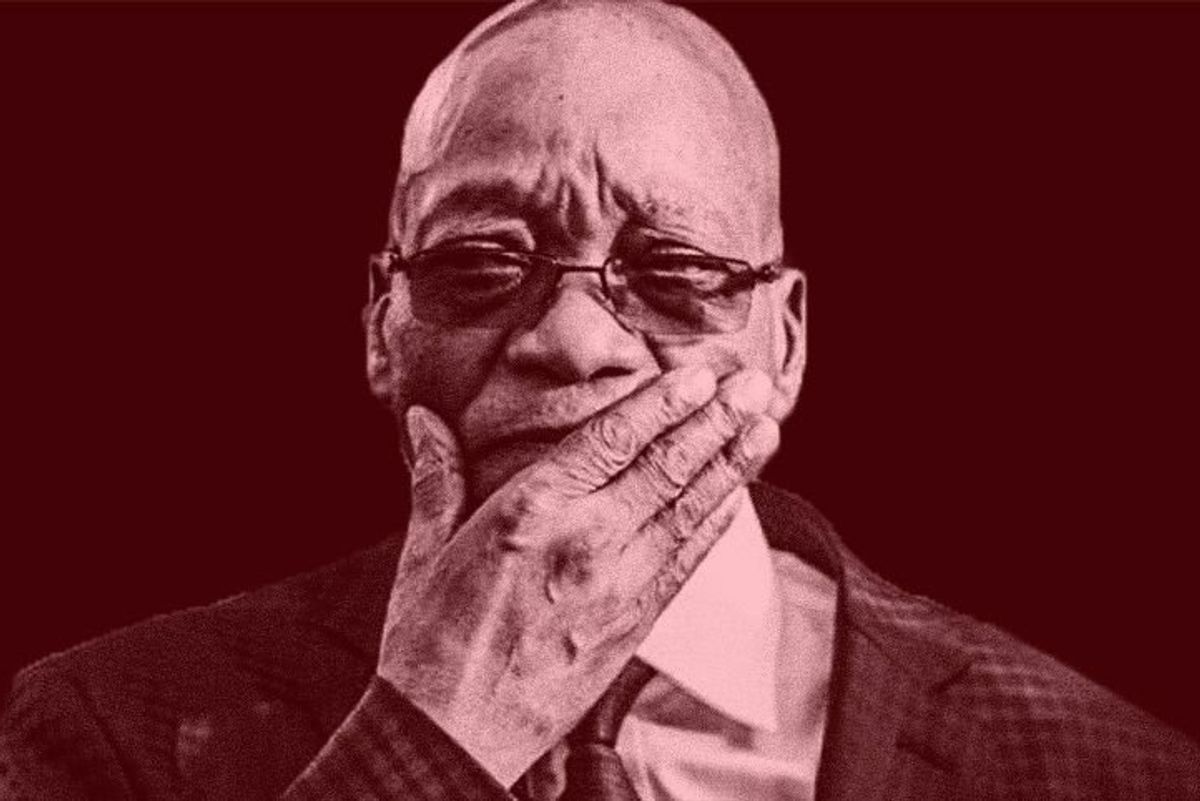The End of an Era: The Future of South Africa Without the ANC
This op-ed points out if the ANC fails to step up, that will be the end for the party and the legacy that all our struggle heroes fought so very hard to leave.

A few months ago, following his dismissal after President Jacob Zuma's controversial #cabinetreshuffle, former Finance Minister Pravin Gordhan, warned that if the ANC did not unite, it would lose the 2019 general elections. Looking at the events of the past few weeks alone, no words have rung truer. For the time since its election in 1994, it really does seem as if these are the last days of the ANC's long walk to freedom with South Africa.
For the past few years, South Africans have desperately held onto the hope that the ANC would eventually get its act together and reflect the ideals that so many fought for during the struggle. Election after election, the ANC has enjoyed landslide victories over the opposition—confirmation that the majority of South Africans still believed that they could steer the country towards a bright future considering our difficult history. Given mounting tensions and factions within the ANC, this hope now seems tenuous.
A few days ago, chaos erupted when members of the ANC branch in the Eastern Cape flung chairs and threw punches at each other at a conference.
The branch in KwaZulu-Natal has been on the verge of being dissolved completely. The ANC as a whole has been called out by the likes of Makhosi Khoza, Gordhan and even Archbishop Desmond Tutu. ANC comrades Sindiso Magaqa and Nkosinathi Ngcobo were shot dead in what has become a string of political killings this year alone. Heavily divided and cannibalizing itself from the inside out, it is quite clear that the ANC as we once knew it, is dying.
Under the leadership of the ANC and Zuma, the country has borne witness to corruption and misgovernance on such a grand scale that it has left South Africans suffering from the fatigue that comes not only from constant shock and frustration, but from the feeling of utter hopelessness.
Tuning into the radio or switching on the television to watch the news has become an anxiety-inducing activity. Each day we are confronted with just how deep governmental and corporate dealings run with the controversial Gupta family, the level of state looting, and how heavily personal gain has been placed before the interests of the country.
All this, while having to live in a South Africa where, 23 years into our democracy, the majority of black South Africans are still living in appalling conditions not much different to those during Apartheid. Chris Hani's great fear that the “liberators would emerge as elitists, driving around in Mercedes Benzes and using the resources of the country" is finally being realized.
And yes, while South Africa under the ANC may never be as bad as the Apartheid regime for the simple fact that the country is not being run by racist white supremacists, we cannot continue to support the ANC merely because things aren't as bad as they used to be.
Things are bad enough and that alone should warrant change. But what does that change even look like? What does our future look like without the ANC, the party that brought to us liberation? An honest answer is that I don't know. Well, not entirely. It is not as simple as say, voting for the DA or the EFF and expecting our problems as a country to be resolved through a change in leadership. Beyond party politics and all the gimmicks that come with it, we need worthy and visionary leaders; leaders that fundamentally understand that it is a privilege and not a right to lead one's people. Right now, we do not have many of these.
In the end, while unlikely, it is still possible for the ANC to stop its squabbling, redirect and endear itself once more to South Africans just in time to win the 2019 elections by the skin of their teeth. Regaining the trust of South Africans within a short period of time given the many years it has taken to steadily diminish it, will prove extremely difficult. However, at this point in time, the ANC is out of alternatives. If it fails to pull itself out of the quagmire in which it currently finds itself, that will be the end for the party and the legacy that all our struggle heroes fought so very hard to leave.
And what a tragedy that will be indeed.
Rufaro Samanga is an intellectual, aspiring literary great, feminist and most importantly, a fiercely passionate African.

